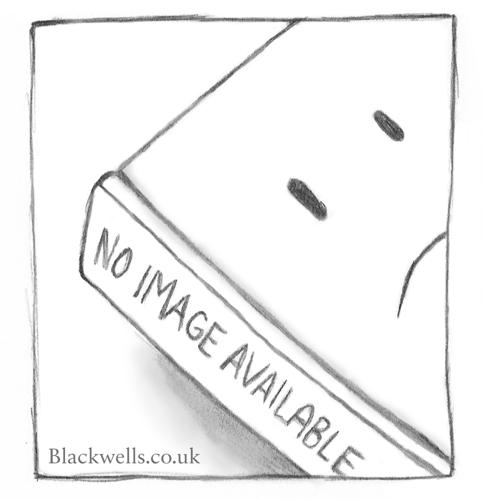Publisher's Synopsis
This historic book may have numerous typos and missing text. Purchasers can download a free scanned copy of the original book (without typos) from the publisher. Not indexed. Not illustrated. 1859 Excerpt: ...kind must essentially belong to an order of things wholly beyond any conclusions derived from physical phi-losophy or cosmo-theology. A Theism of Omnipo-tence in any sense deviating from the order of nature must be entirely derived from other teaching: in fact it is commonly traceable to early religious impressions derived, not from any real deductions of reason, but from the language of the Bible. I have spoken of the necessary limits of all scien-Limitation of inferences tific deduction. To obviate serious misconception it not a denial of higher is material to insist on the distinction that while the truths, boundary line, by which the deductions of science are so necessarily limited, is thus carefully drawn, this is by no means to be misunderstood as if it were meant as a negation of higher truths; but only that they are of another order. On the contrary, the point especially insisted on in the former essays was, that the extremely limited extent of strict inferences from the order of nature forms the very ground for looking to other and higher sources of information and illumination if we would rise to any of those more exalted contemplations. In any conceptions of the nature or attributes of God or man's relations to Him we can only look to other sources of information and conviction of quite a different order from those which science can furnish. Those higher aspirations which so many pure and elevated minds own, can only be satisfied by disclosures belonging not to the province of natural philosophy or any deductions from it--whose utmost limits in this respect we have thus far endeavoured to indicate, --but to something beyond, and properly belonging to the higher jurisdiction of moral or spiritual convictions. But cosmo-theology, though incapable of..
























